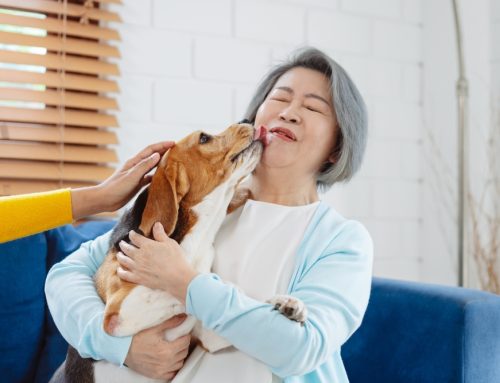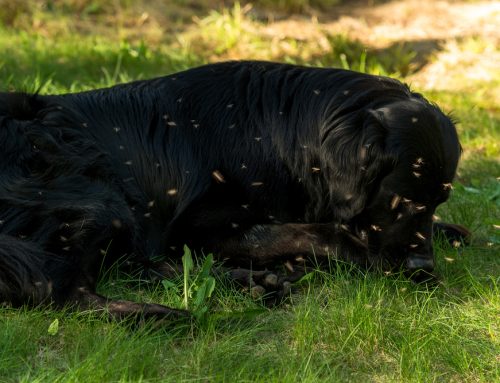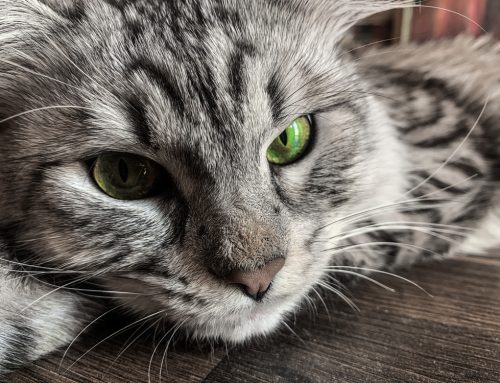 Any bird owner will tell you that owning one of these magnificent feathered creatures is a rewarding and worthwhile experience. Birds don’t make the perfect pet for everyone, though, and it is important to understand what you are getting into before committing to bird ownership. Consider the special needs an avian pet needs before bringing one into your home.
Any bird owner will tell you that owning one of these magnificent feathered creatures is a rewarding and worthwhile experience. Birds don’t make the perfect pet for everyone, though, and it is important to understand what you are getting into before committing to bird ownership. Consider the special needs an avian pet needs before bringing one into your home.
Birds Are Noisy
Owning a bird as a pet may mean a change in the volume of your household. Birds certainly can (and do) make lots of wonderful noises including beautiful songs and soothing chirps. Many birds, however, also have calls and squawks that are less than pleasant for some.
Vocalizations are an important part of social communication for many species. Be sure to research how noisy a particular species may be before considering ownership.
Birds Can Live for a Long Time
Adopting a pet bird is a much more intense commitment than is a dog or cat. While the lifespan of birds vary, many species can live 50 years or more, making bird ownership a lifelong responsibility.
It is important to have a plan for your bird, should he or she outlive you as well. Be sure to draft accommodations for your pet into your will.
Birds Can Be Messy
Birds are not known for their tidy behavior. They often pick through and fling food out of their cages and eliminate wherever they happen to be. Meticulous cleaning and preening can also result in feathers and dander being strewn about.
Birds also need to maintain their beak and need to chew, resulting in some destructive behaviors. There are some ways to deal with these challenges, however.
- Use a cage skirt to contain some bird debris
- Keep a broom or handheld vacuum near your bird’s cage
- Make a cage cleaning kit complete with a stiff scrub brush, a scraper, and sturdy towels for daily cleaning
- Use sandpaper periodically to clean wooden surfaces such as perches
- Use a cage liner such as newspaper, butcher paper, or commercial liners to keep droppings from drying to the cage
- Steam cleaners can be handy for cleaning
- Develop a cleaning routine
- Provide your bird with many safe toys to chew and shred so that your belongings are not damaged and your bird is not tempting to chew on dangerous objects
Birds Require Stimulation
Birds are not, by nature, truly domesticated. The more you are able to handle and engage with a pet bird, the more likely your pet is to be socialized and able to be enjoyed. Parrot species in particular are very needy and require a lot of interaction.
Birds are also very intelligent and require mental stimulation. They need time and space to play and investigate. A safe room for your pet to fly or move around in is ideal.
When adopting a bird, you must determine whether you are able to take on the time commitment involved in providing interaction and stimulation for your new pet. Birds do best with a structured routine and consistent attention from their owners.
Birds Need Special Care
Keeping your pet bird healthy is not as straightforward as many people might think. Be sure to think about the following:
- Research your pet’s ideal diet
- Offer species-appropriate fresh fruits and vegetables on a daily basis
- Birds need daily sunlight exposure to provide their Vitamin D requirements
- It is important to maintain good air quality free from smoke and other irritants in the presence of a bird. Air fresheners, candles, and Teflon cookware are no-nos for bird owners
- Birds often do not show signs of illness until they are in serious condition, making routine wellness care extremely important
Birds make wonderful pets for many people and can provide many years of companionship and enjoyment. Bird ownership is demanding, however, and it is important for owners to understand what is involved in their commitment before buying a bird.






